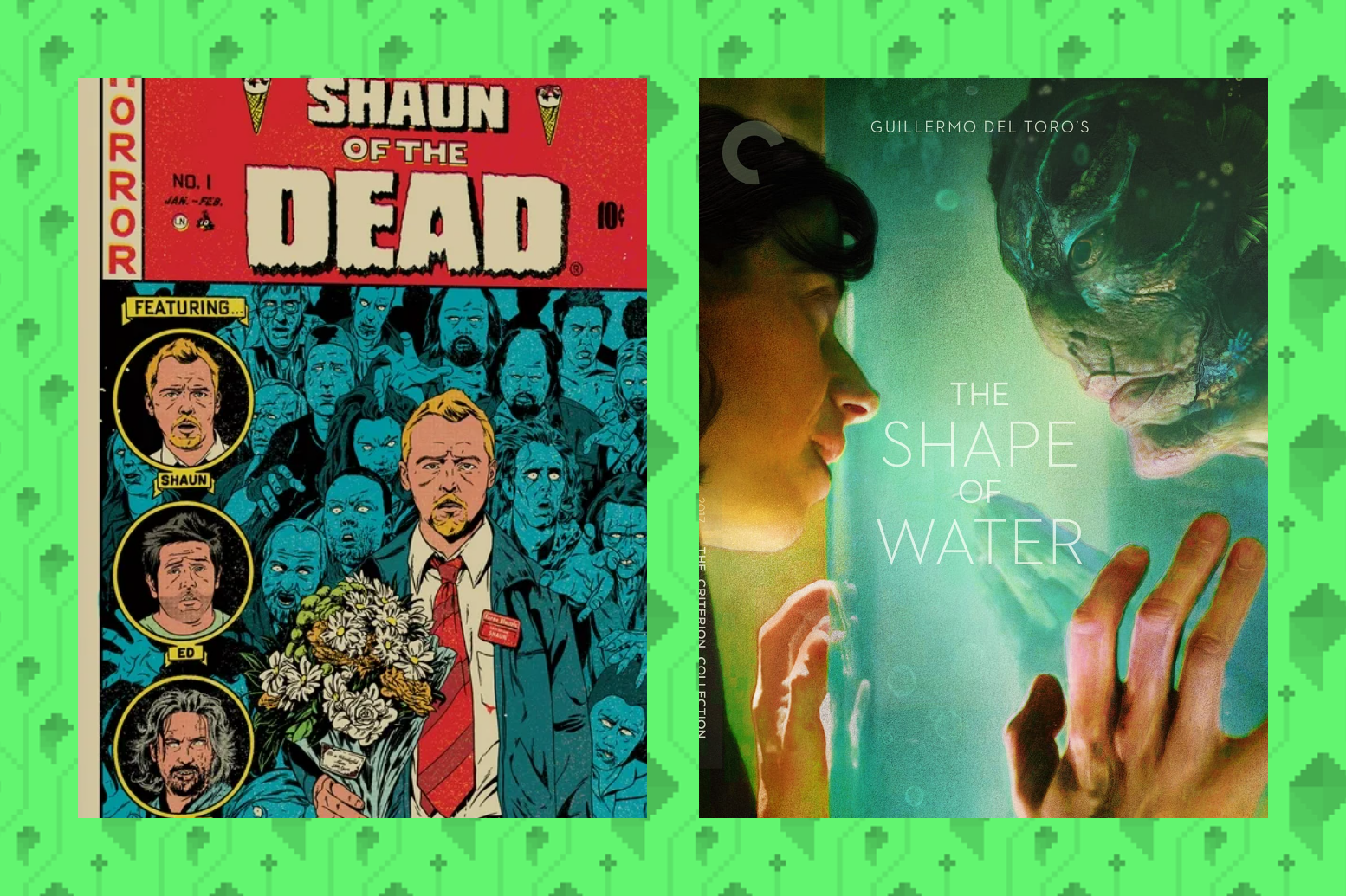
I saw Satoshi Kon’s first film long before I was ready. I was one of those ’90s kids who rented Perfect Blue as a dare and couldn’t emotionally process the traumatic moments that would later inspire some of the most eye-scrubbing scenes in Darren Aronofsky’s Requiem for a Dream. I was 14 or so. I barely had the stomach to handle the opening of The Sixth Sense.
Since then, Kon’s work has become, for me, so much more than a provocative box at Blockbuster. The director followed Perfect Blue with three films — Millennium Actress, Tokyo Godfathers, and Paprika, along with one TV series, Paranoia Agent — before dying of pancreatic cancer in 2010 at the age of 46.
By college, I had the chance to catch up on the catalog and see Paprika when it arrived in U.S. theaters. And I knew, within minutes, I’d found one of my favorite artists. I cherish that journey, from being a kid who doesn’t know what he’s seeing and being terrified, to being an adult who still doesn’t always know what he’s seeing and finding that affecting.
Kon has become more popular in recent years with semi-regular showings of his films at rep houses and popular theater chains. The popular movie podcast Blank Check recently completed an exhaustive and lovely reassessment, working from Perfect Blue to Paprika. My advice for newcomers? Go in reverse order. Paprika has inspired — to say the least — Christopher Nolan, particularly his mind-bending thriller Inception. From there, you can enjoy the criminally underappreciated Christmas film Tokyo Godfathers, then learn the history of Japanese cinema through Millennium Actress, and then, when you’re ready for it, Perfect Blue will be waiting.
This disc, presented in a stunning 4K transfer, includes interviews with many of Kon’s collaborators.